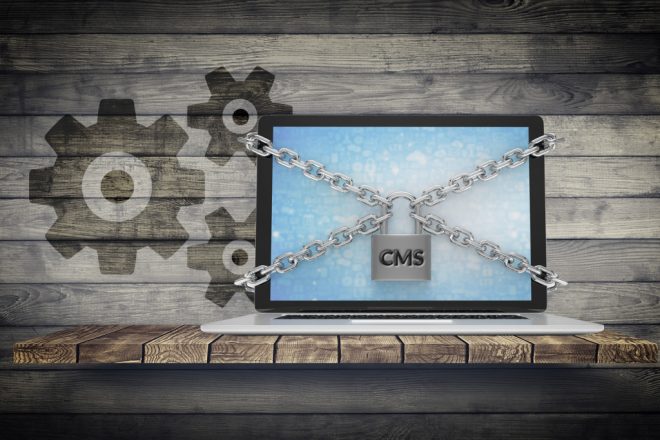We have heard quite often how hackers easily harm so many websites with a seemingly effortless move. Hackers can be financially devastating. They may steal critical information from millions of accounts, potentially allowing them to perform various criminal acts with financial motives. We should know that hackers also attack small websites for various purposes. We should know that our web host can be quite vulnerable to attacks. If one hosting company is hacked, it is possible that all websites managed by it will be compromised as well. With various cloud services, it is also difficult to find those that can provide enough level of security. The security of our website really depends on how securely web hosts implement their protection system against malware and real human attackers.
In this case, we should do some homework to find out the best available hosting service. We should know what kind of monitoring system that’s employed by the web host. In dealing with recent attacks and infections, customer service support is very crucial. So, when problems do happen due to external factors, the web host should be able to respond quickly. There are usually two sets of passwords and usernames that we need to operate our website. One is for web hosting control panel and another is for CMS control panel. If someone is able to break into our account, it is likely that our password isn’t strong enough.
The web host may initially provide us with a relatively short password to access the control panel, although it may contain a combination of letters and numbers. In order to improve our security level, it is a good idea to ask for a new password. We may decide what kind of password we choose. We should also set strong passwords for our in-server email account, database and FTP. It is important to know that our CMS may contain some security holes. CMS is easy to manage and control, but it isn’t the most secure platform. There are dozens of potential weakness points that can be exploited by hackers. Each time a new version is released, hackers nay look for possible security holes. We should check latest news about security reports related to our CMS.
File permission of each file should be proper configured and we shouldn’t provide unnecessary read, write and run access, if it’s not needed. Directory structure should also be hidden and if it’s possible, we shouldn’t share one database with two or more CMS installations. Check for latest security updates. In some cases, CMS developers find these holes before hackers do and once security patches are released, these hackers know where these security holes are. So, it is a bad thing if we leave our CMS installation unpatched. We should know that whatever we do, no CMS installation is hacker-proof. There will always be opportunities that hackers can take to perform direct attacks. They will always look for ways to gain access to our account and we should try to avoid whenever possible.

